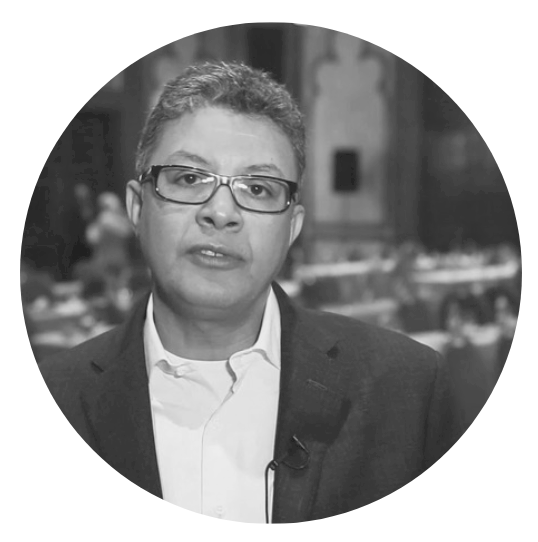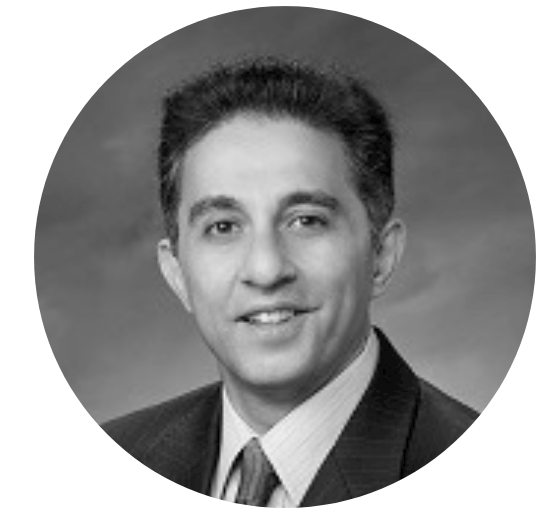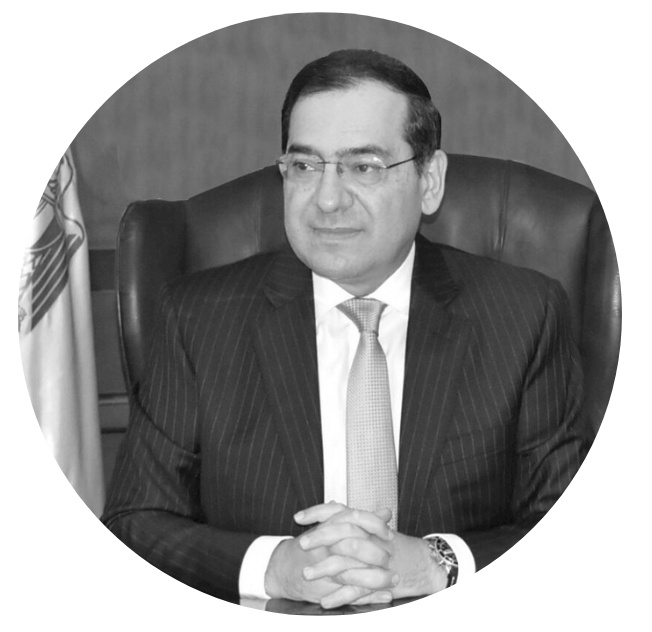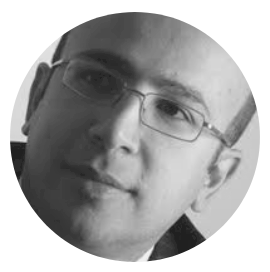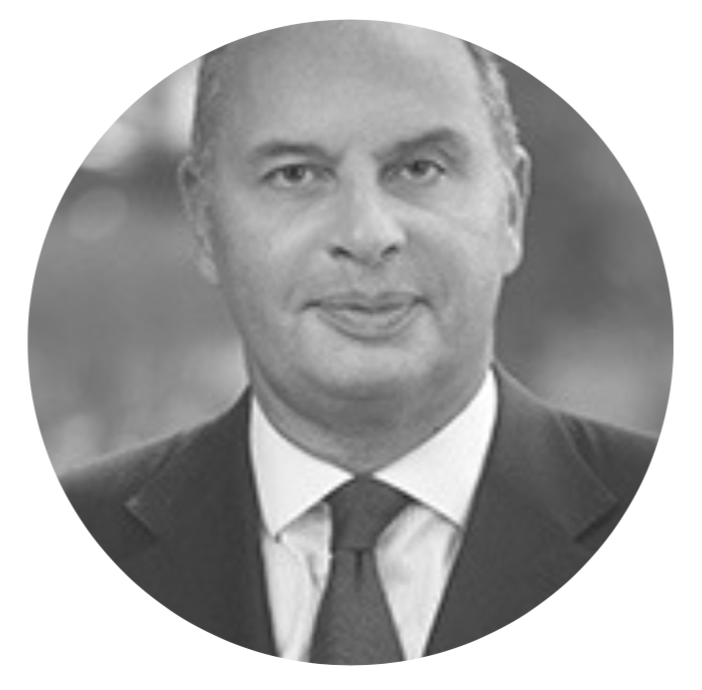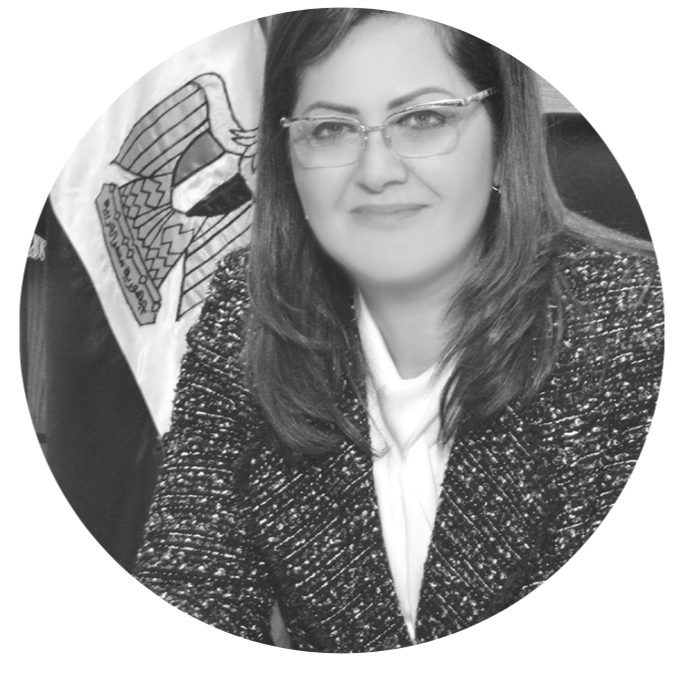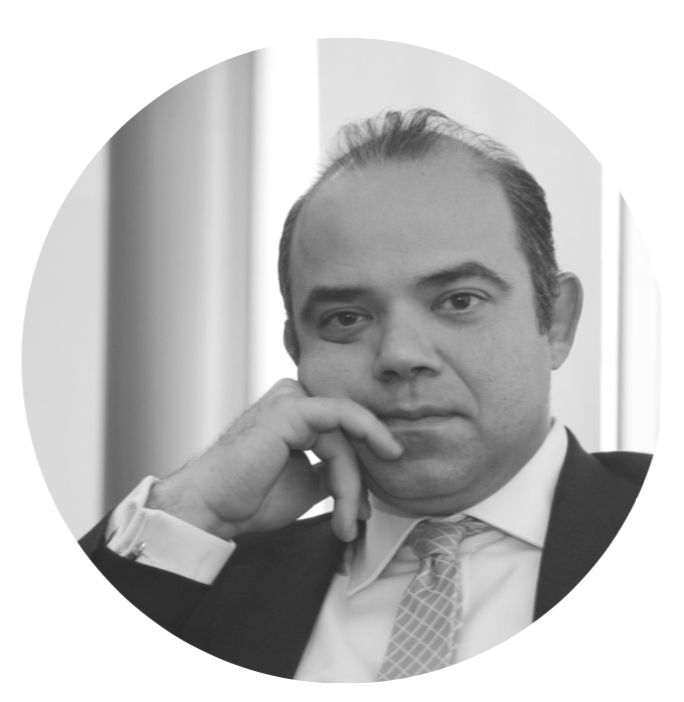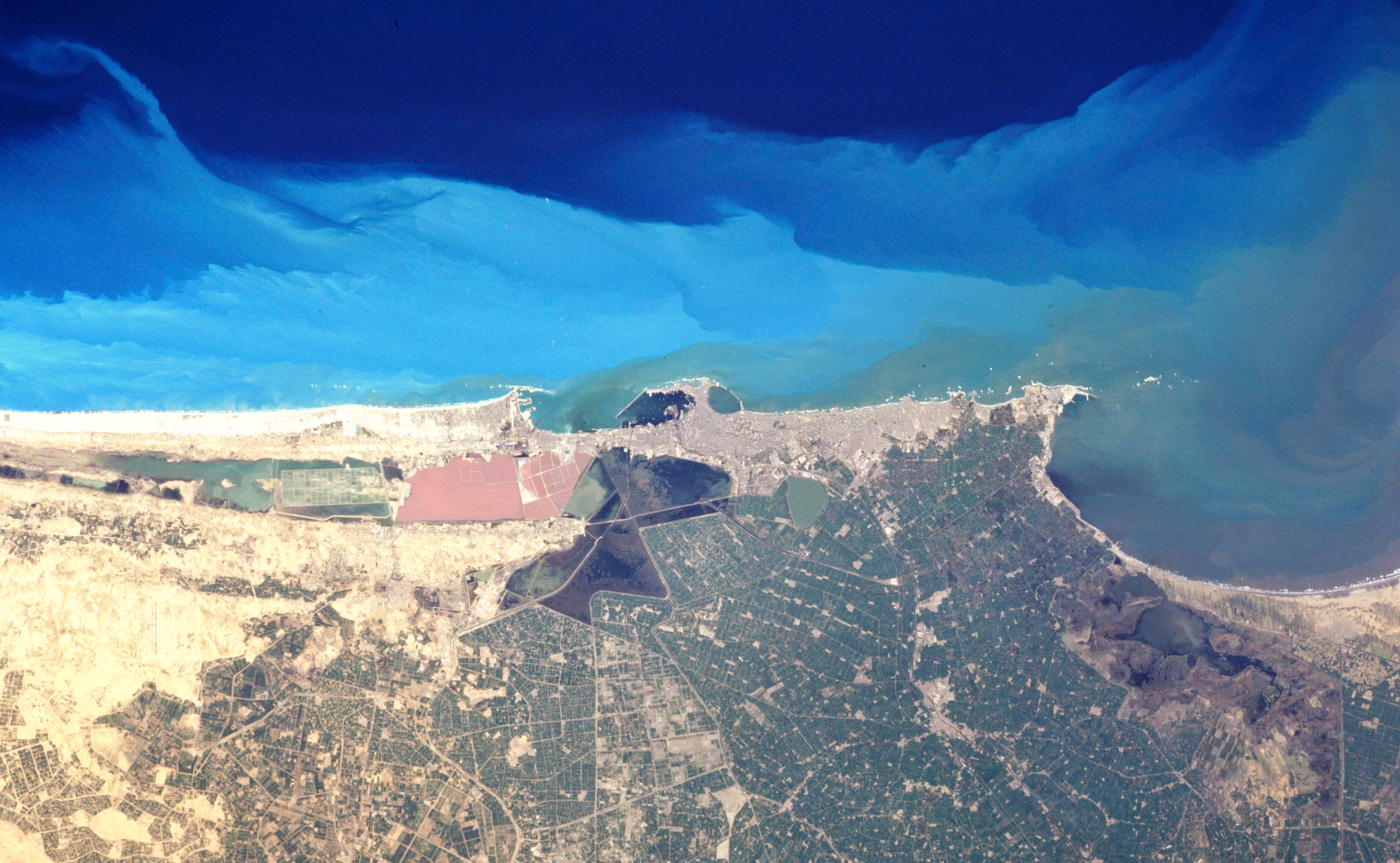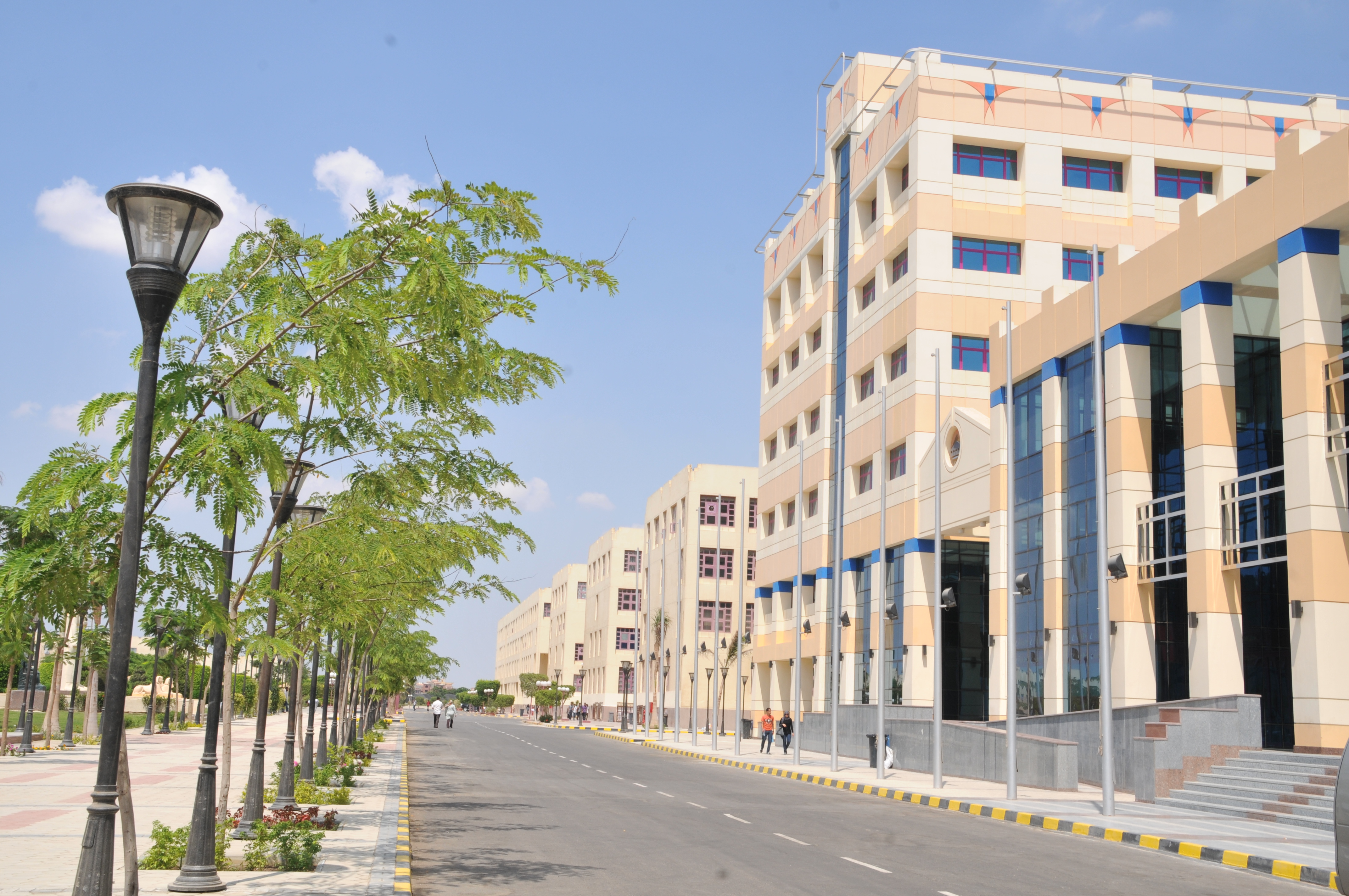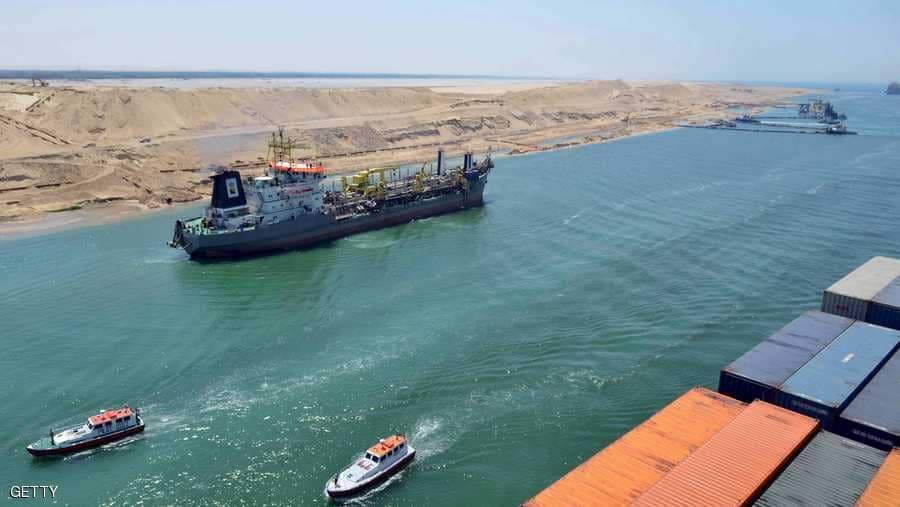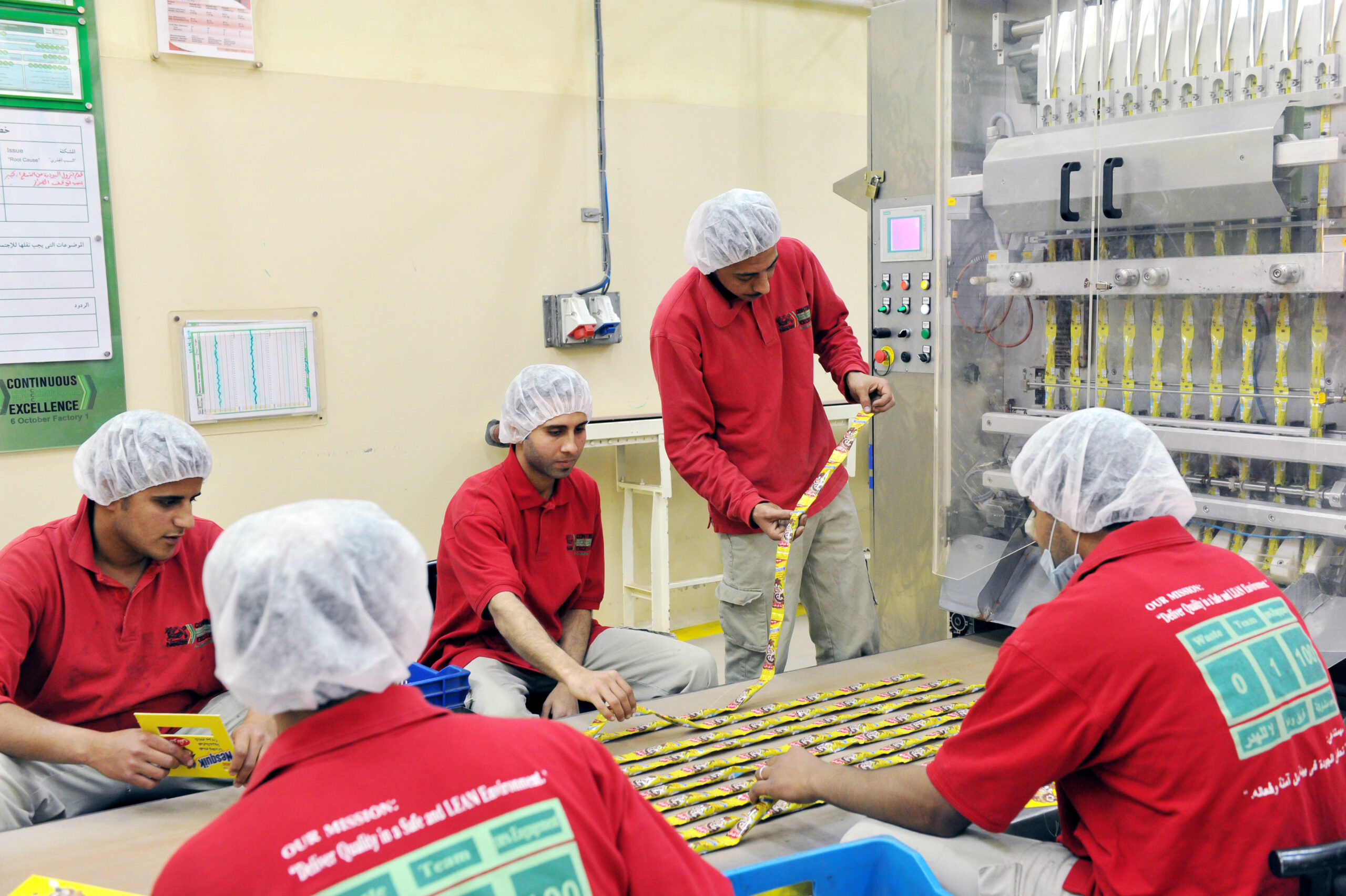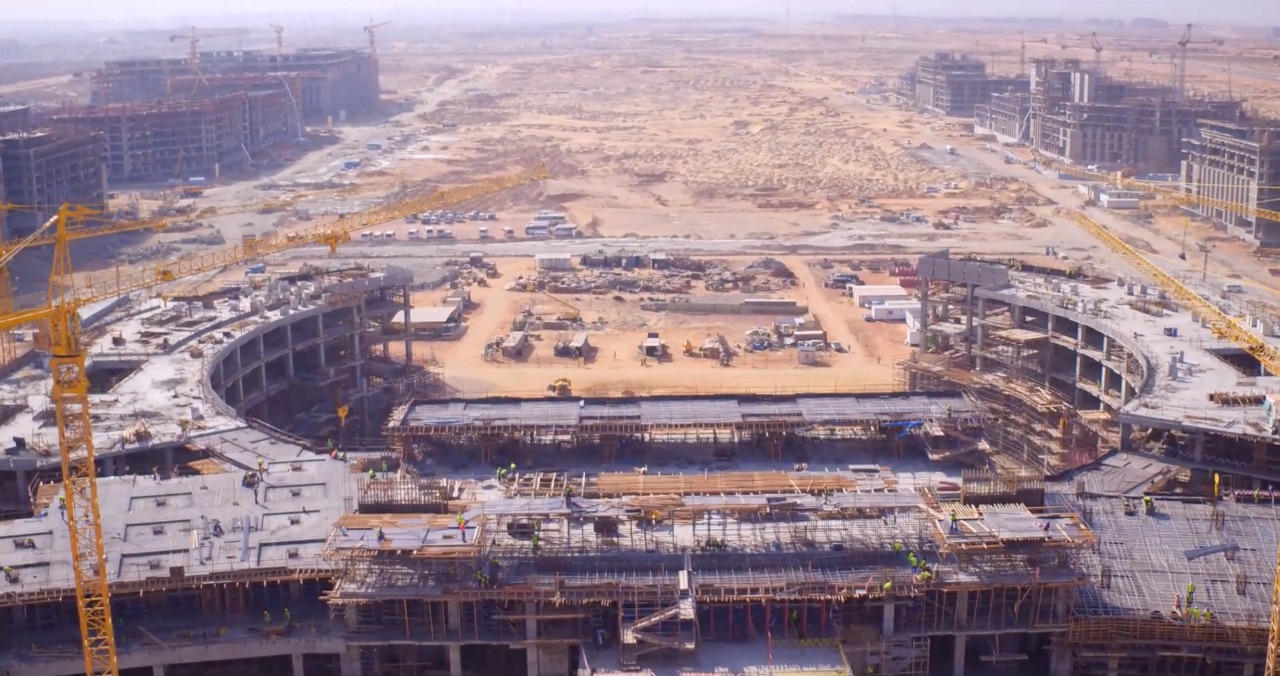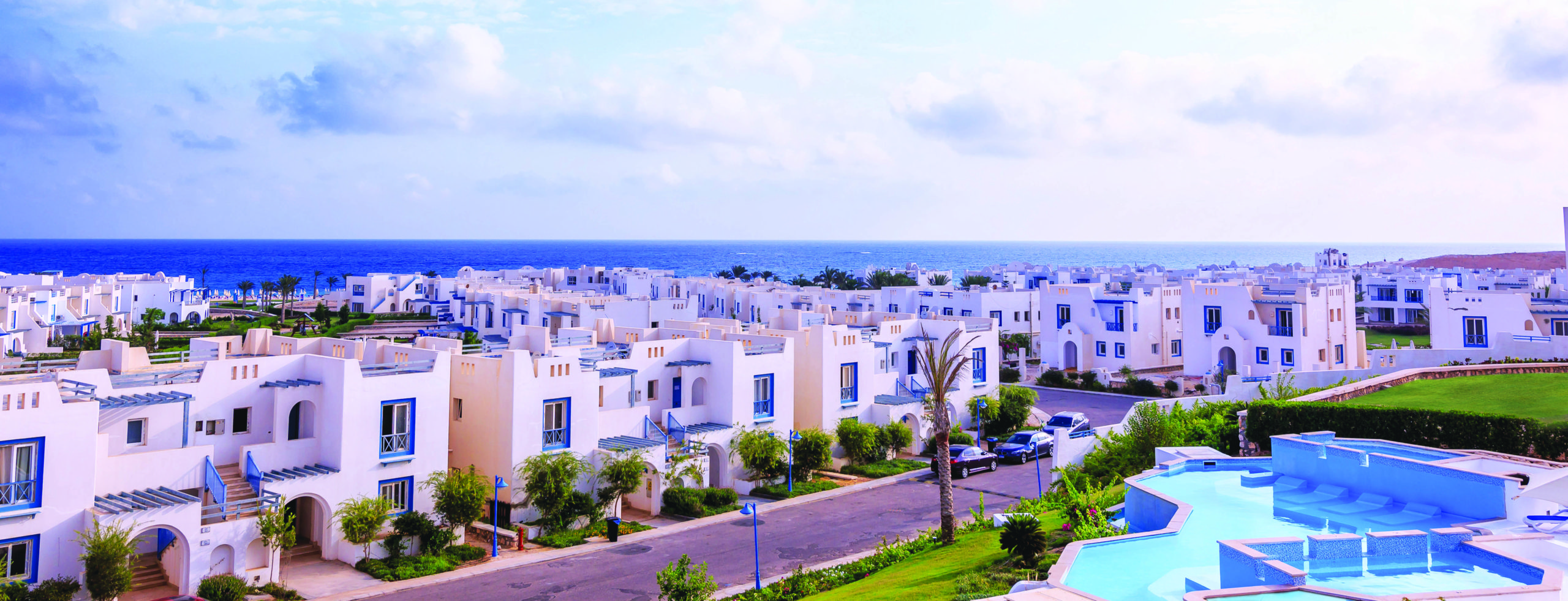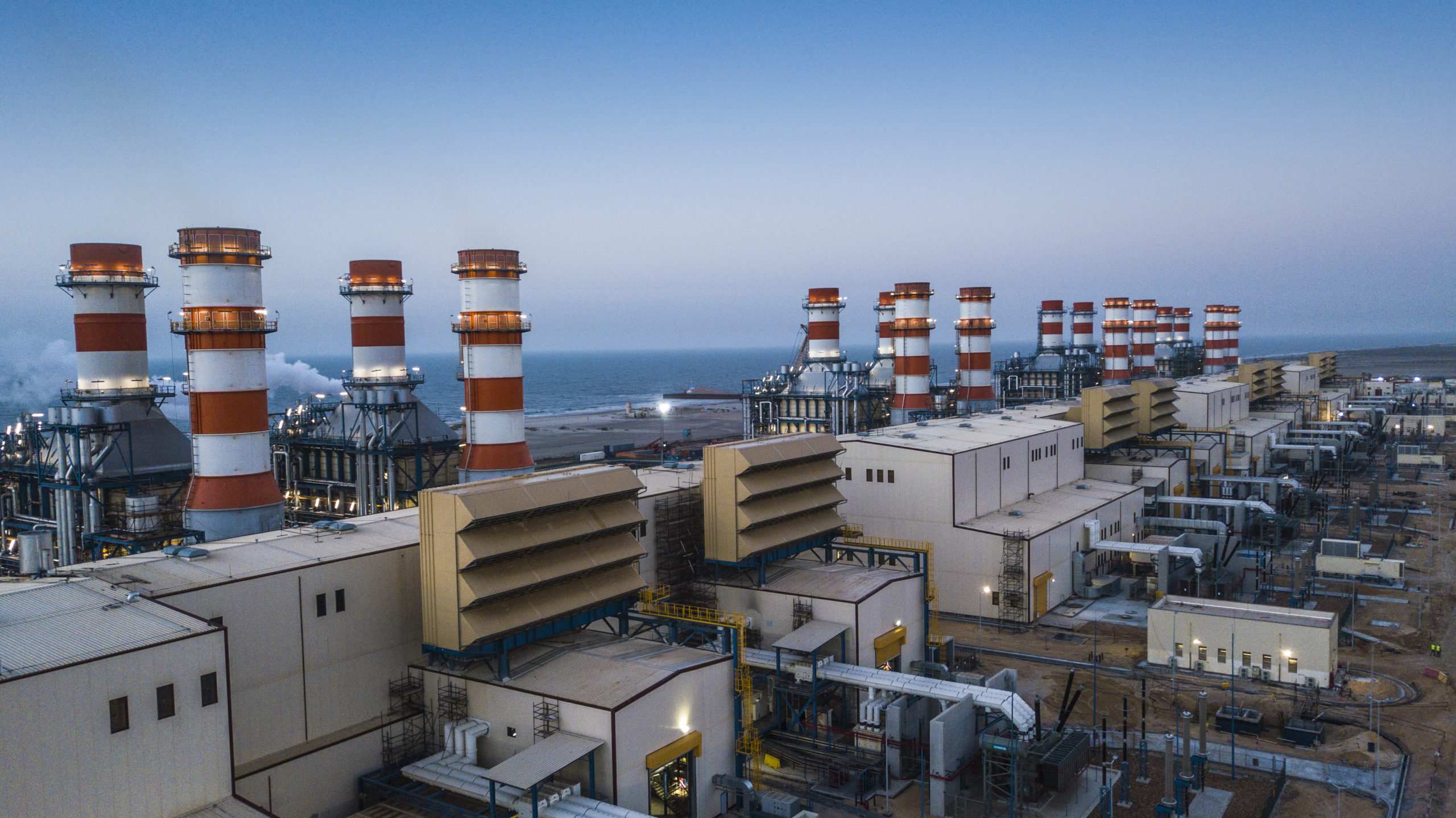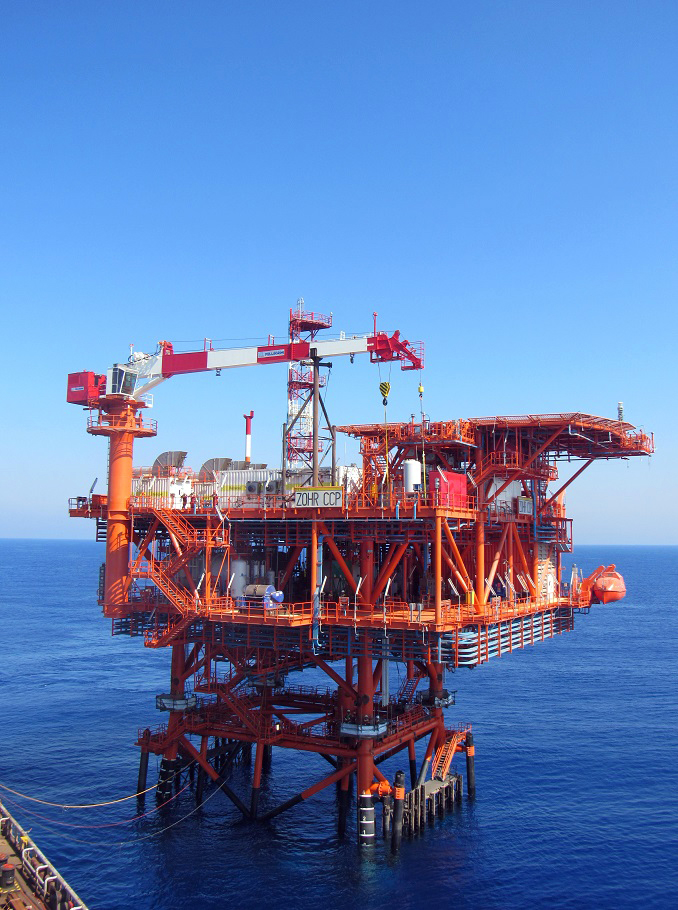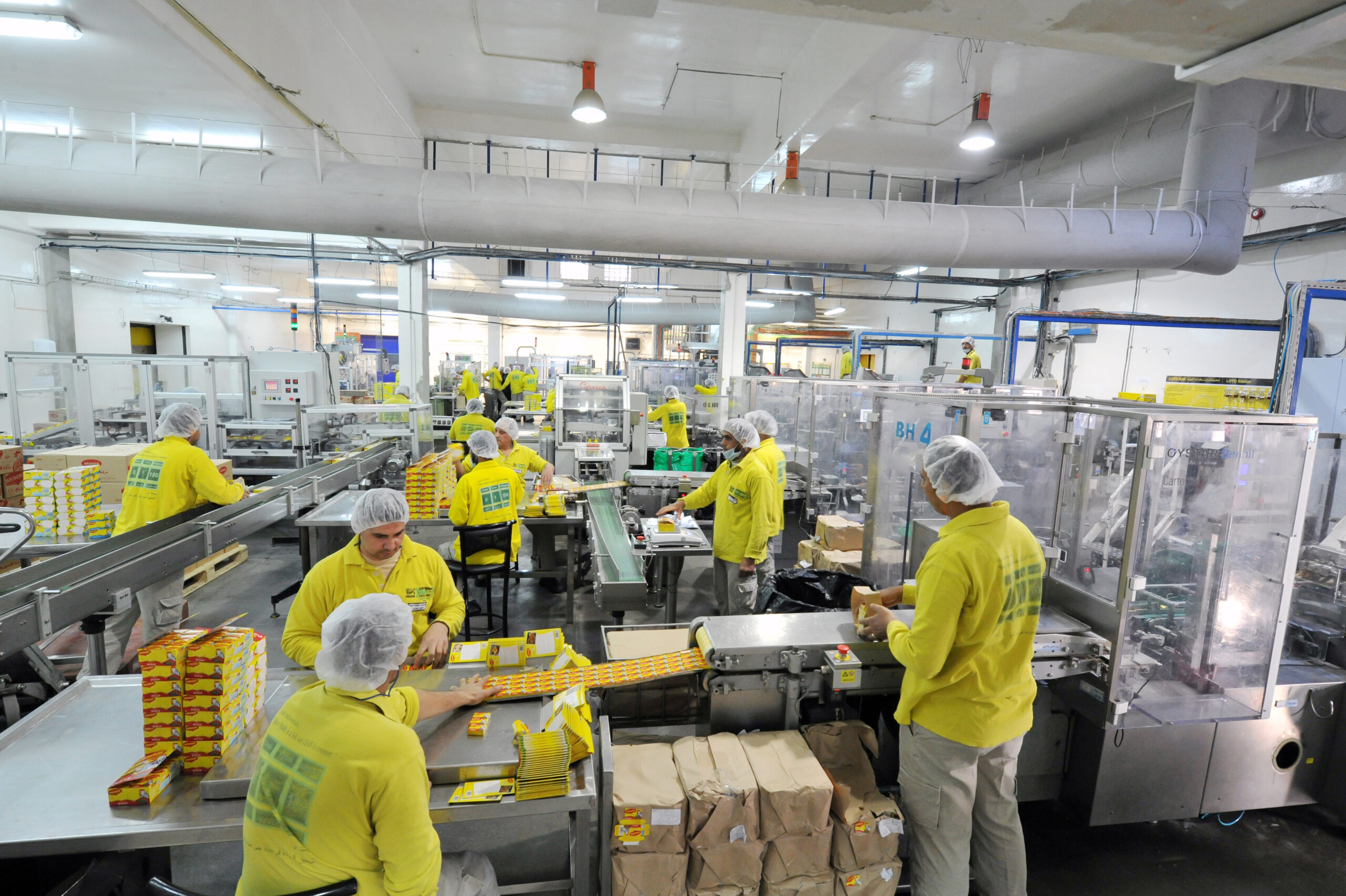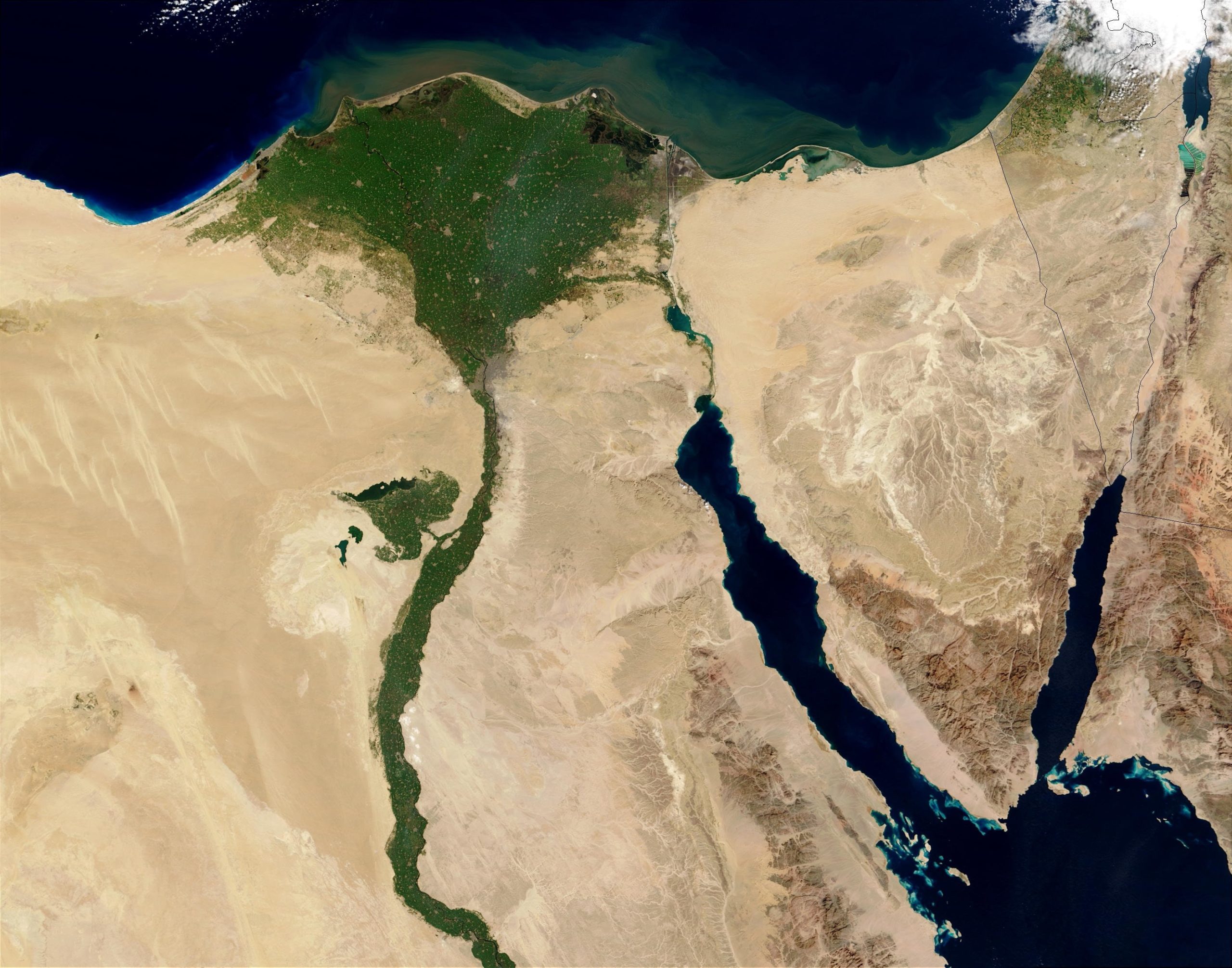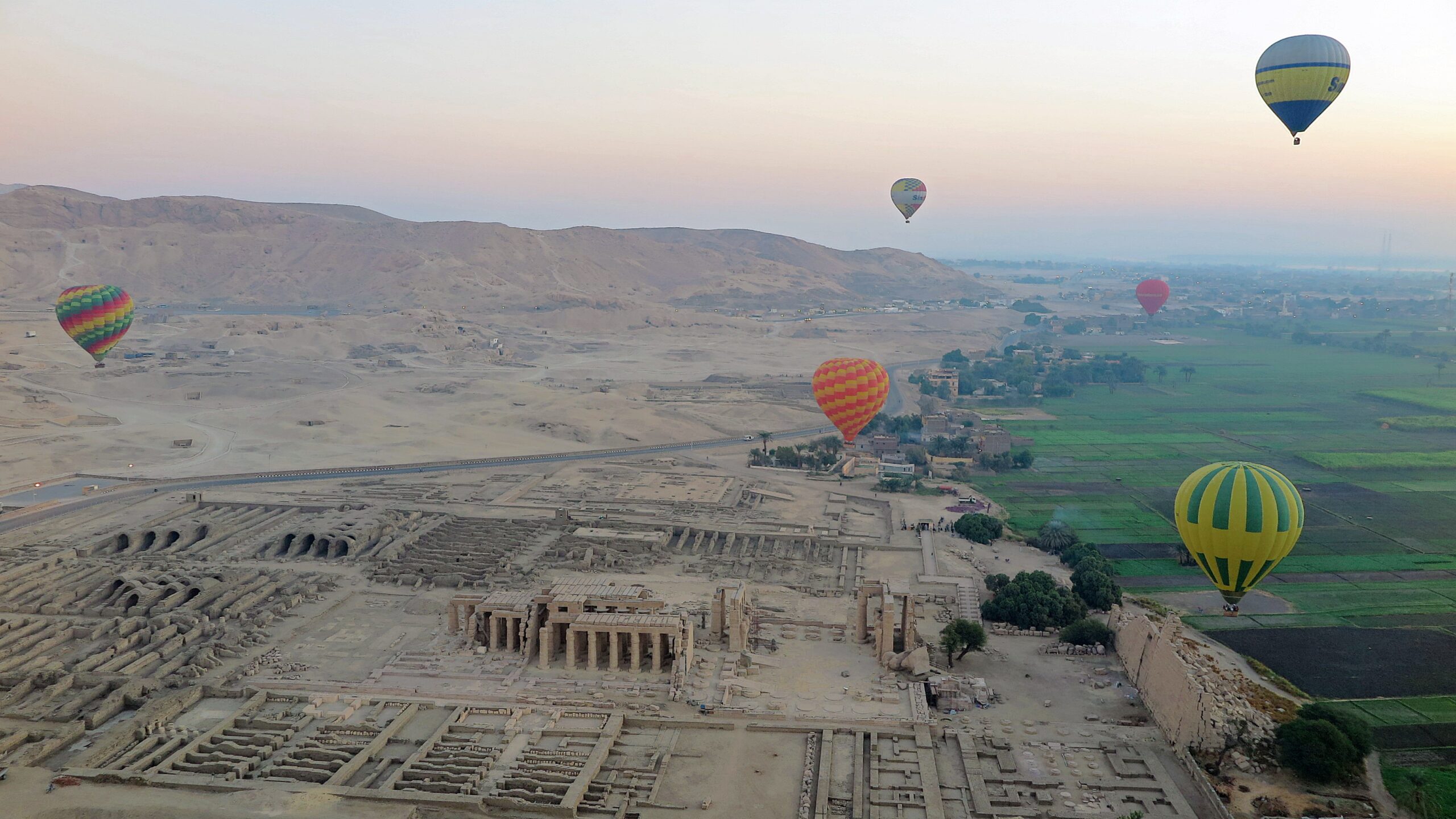Managing Partner of EY Ireland answers questions about the future of the industry

Similar to other sectors in Ireland, the Irish professional services industry has rapidly expanded in recent years in parallel with increasing FDI and ever growing business activity. Ireland has long been a strategic gateway for global operations, and in particular as a European headquarter. The nation’s professional services market has been a key partner for such entities.
Recently, Frank O’Keeffe, Managing Partner of professional services firm EY Ireland, spoke about the current state and his expectations for the future of Ireland’s economy.
How do you assess the competitiveness of Ireland as a business location?
Taking a look at historical financial growth in Ireland, the country has long been an ideal choice for many multinationals, especially USA-based corporations. Between the USA and Ireland, there is a great cultural understanding and alignment. This dates back to the ’60s when Pfizer originally came to Ireland and when Intel built its fabrication plants in the late ’80s.
Large corporations continue to be drawn to the country’s impressive track record of success in retaining FDI. Today, major players in technology, including Google, Facebook and Apple, have European bases in Ireland. This further attracts the interest of newer, smaller-scale companies that see massive global organizations trusting and excelling in Ireland. Ireland’s business friendly tax compliance and employment laws, talented English-speaking workforce, membership in the EU, ease of doing business, and its solid legal system, all contribute to drawing multinationals into the country. Ireland has excellent universities, R&D centers, and an abundance of emerging entrepreneurs. EY Ireland has an understanding of their needs, strategies, and how to best support them.
What sets EY Ireland apart from the competition?
We create innovative solutions for our client’s toughest challenges, and strive to build a better working world for all. We help our clients unlock their full potential and capitalize on transformative opportunities to flourish and grow, including embracing the digital agenda. We are also the fastest growing Big 4 firm, and have a unique, diverse culture and workforce.
How will the future of work appear at EY Ireland post COVID-19?
Companies across Ireland responded to a once-in-a-lifetime health crisis in 2020 – the COVID-19 pandemic. It’s such a transformative time. We seamlessly transitioned to remote working overnight. We will have a hybrid model and continue to be agile and make sure we offer an exceptional experience for our people and clients. The pandemic has really accelerated longstanding trends for digitalization. Our business grew throughout the pandemic by double digits, and that did not happen by chance. We are working hard to remain close to our clients’ agendas, continue delivering exceptional work, understand the transformations organizations had to go through, and be there to support them.
EY’s global structure – and its reliance on digital communication – made it uniquely capable of dealing with the pandemic early on. The amount of progress made in this field last year was the equivalent of progressing six years in six months. That shift towards online work has made companies more aware of how valuable their data is – and EY can help businesses understand and fully utilize their data.
How is the Irish economy changing?
Ireland and the USA have had strong links for generations. President Joe Biden’s openness to discuss his Irish roots could encourage people in America to learn more about Ireland. This additional interest could result in a boost to tourism, and I hope this factor will drive investment in the Irish economy, as well. Currently, the Irish workforce is in the middle of a significant transformation. Ireland is on track to have the youngest population in all of Europe by 2040. This will solidify the nation’s status as a market leader for decades to come. It wasn’t by chance that Ireland was the fastest growing economy last year in the developed world. Come to Ireland and have us be your gateway to Europe.

